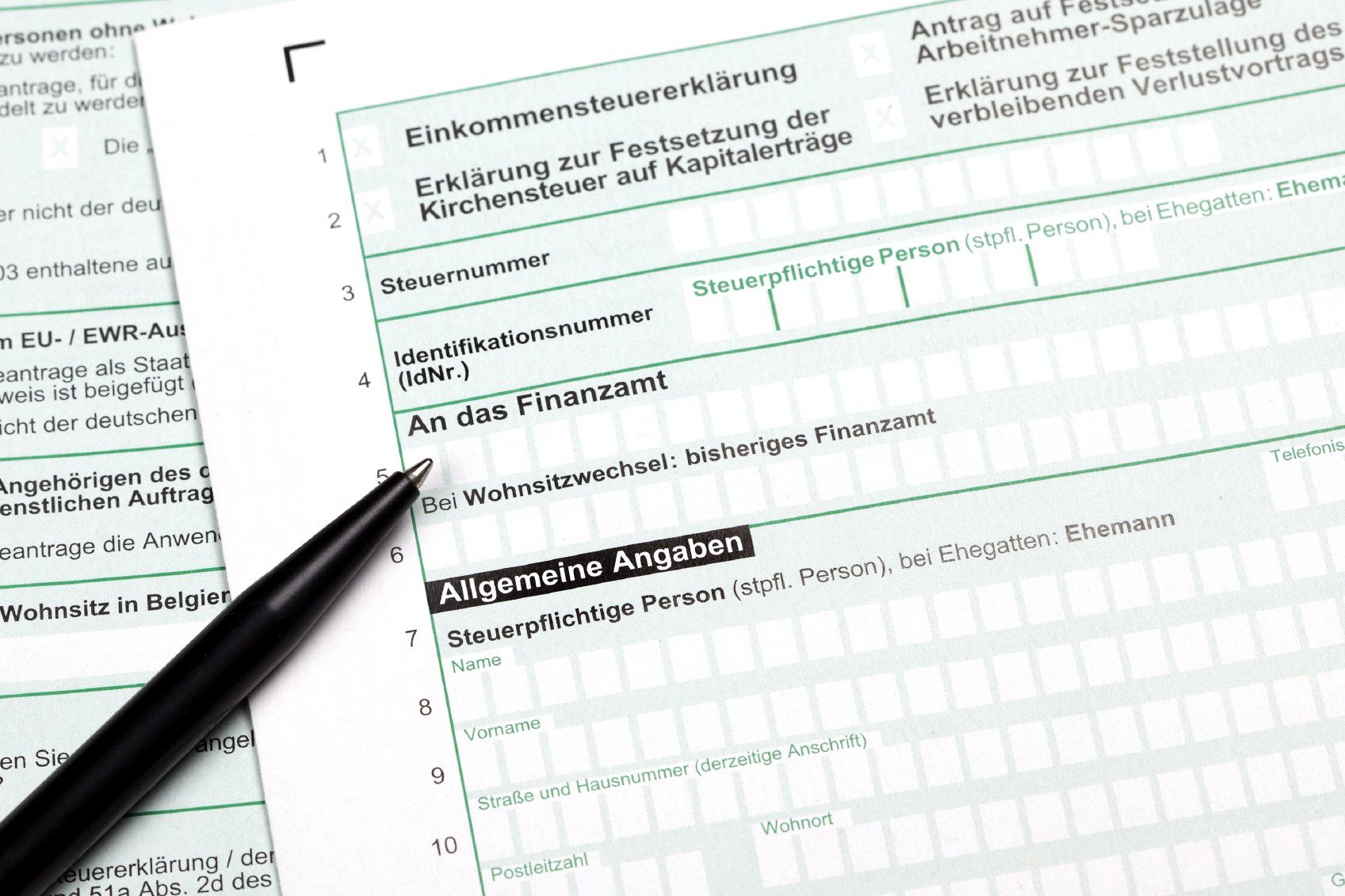Student Loans
As the summer approaches, many people will be considering whether or not they wish to attend University and unsurprisingly a large factor in this decision can be the finances.
Many of our clients’ automatic reactions to their child or grandchild’s university years are to pay the costs associated but is this the right thing to do?
It is ingrained into most people that debt is not a good thing but if there is money to help the student then is paying their student loan (or them not having it in the first place) the right thing to do?
How do Student Loans work?
Once the student leaves university, as long as they haven't taken out a postgraduate loan to complete a master's, they only repay their undergraduate student loan when they earn above £2,274 a month (equivalent to £27,295/year) and then it's fixed at 9% of everything you earn above that.
To give some examples…….
If they earn £28,000 in a year, what do you repay?
The answer is £63.45, as £28,000 is £705 above the threshold and 9% of £705 is £63.45.
- And if they earn £35,000, what do you repay?
The answer is £793.45. £35,000 is £7,705 above the threshold and 9% of that is £693.45.
Many people earning over the £27,295/year threshold (2022/23) will never pay back their student debt within 30 years. And lower earners won't repay very much at all.
They stop owing either when they've cleared the debt, or when 30 years (from the April after graduation) have passed, whichever comes first. If they never get a job earning over the threshold, it means they won't have repaid a penny.
So what about the interest?
The interest is as follows:
- While studying:
Accrues RPI inflation plus 3% on the outstanding balance. This continues until the first April after graduation when it changes to...
- After studying, earning under £27,295/year (2022/23):
Accrues RPI inflation.
- After studying, earning £27,295 - £49,130/year (2022/23):
The interest rate will gradually rise from RPI to RPI plus 3% the more you earn (the interest rises 0.00015% for every extra pound you earn or, put another way, if you earn £1,000 more, you accrue 0.15% extra interest).
- After studying, earning over £49,130/year (2022/23):
Accrues RPI inflation plus 3%.
So what is the right thing to do?
Many people will still want to help the student financially and it comes down to personal choice.
However, by taking a step back and considering the options, any parents or grandparents wishing to financially support their children/grandchildren may like to look at other options so the student takes out the loans and repays them as above but instead invests in vehicles such as LISAs or ISAs to help them save towards life post-university and buying a property (remembering of course that the value of investments can go down as well as up).
It could cost a graduated student a lot more to rent (rather than buy) a property than it would to pay back a student loan…………..
* All facts and figures provided by MSE
If you'd like to discuss your investments further
then please do
get in touch
Feel free to share this on your social media or with friends and family:











